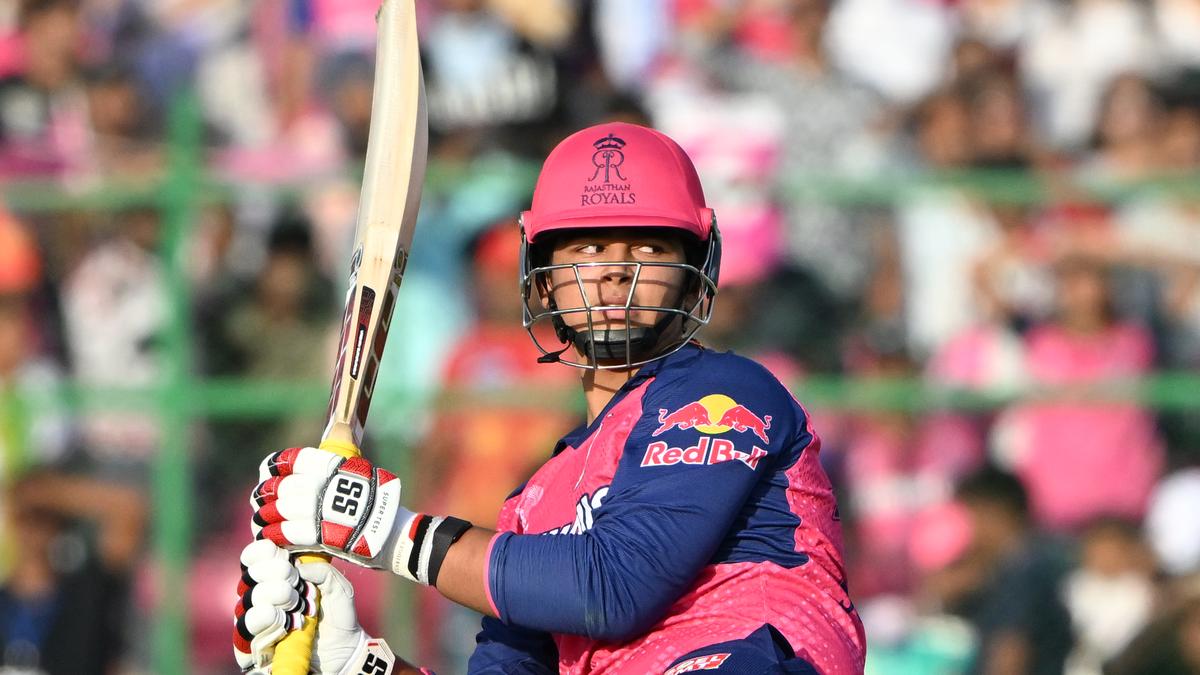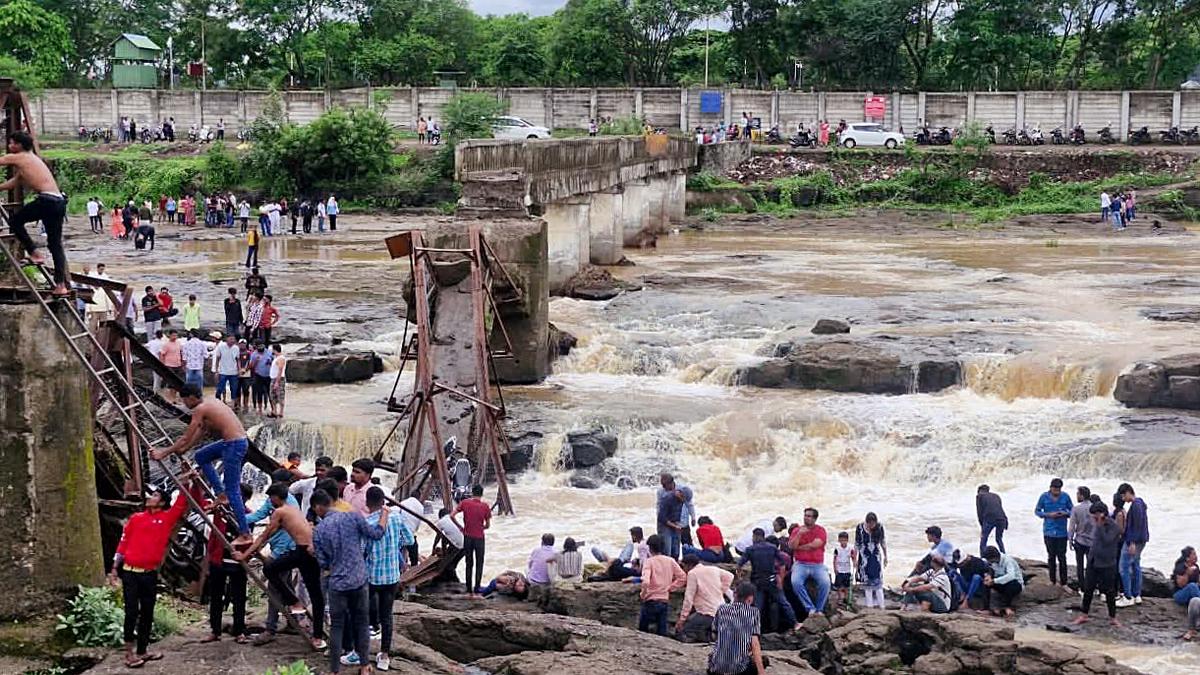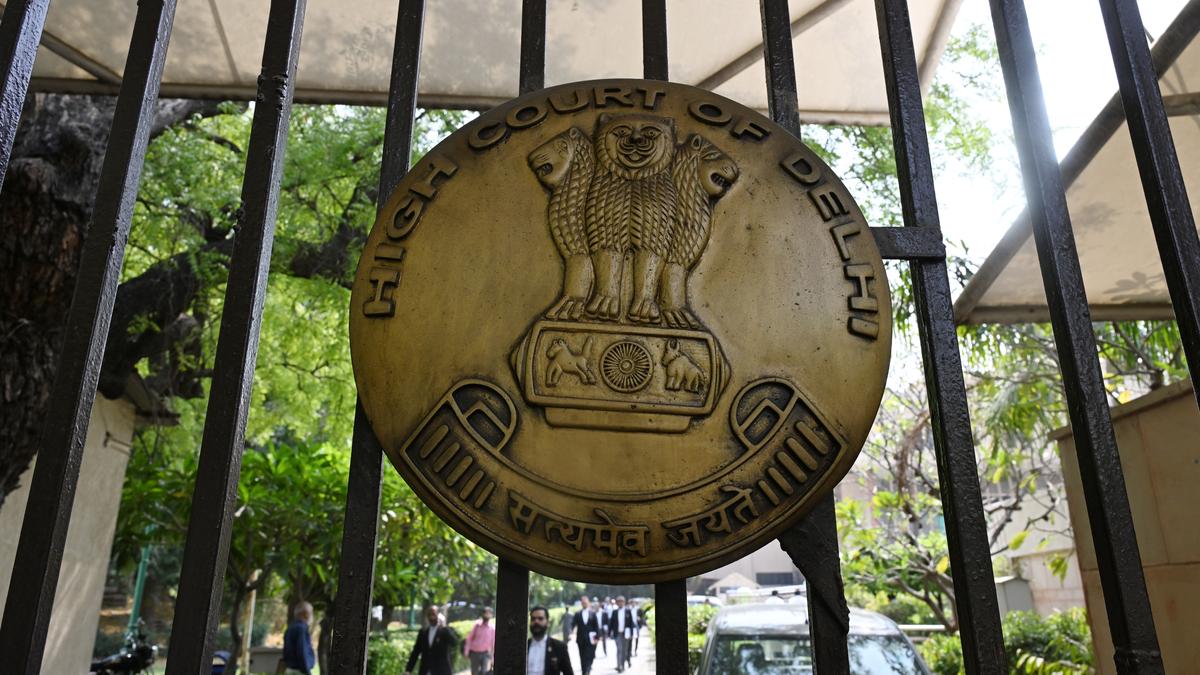
Vaibhav Suryavanshi. File
| Photo Credit: R.V. Moorthy
The entire nation was in awe when 14-year-old Vaibhav Suryavanshi from Bihar scored a century in an IPL match in April 2025, making him the youngest player to do so. However, coaches, psychologists, and child rights activists have raised an important question: is there a child protection policy in place for children in cricket?
Aarti Sankaran, a Board of Control for Cricket in India (BCCI) Level 3 coach, pointed out that there are many things a child is exposed to when their skill is deemed sufficient for the international stage. “The child needs to be informed and prepared for the situations they might have to face. Who will do that? Who will help the child navigate adult life in such a high-performance environment and ensure they feel included and safe? There is a collective need for serious discussions on policy regarding this,” she said.
S. Dinesh, a cricket coach in Chennai, says the coaching scene is evolving, with newer coaches encouraging children to speak up. “The space for psychological safety, where children can express themselves, is improving. However, having a policy to ensure their continued well-being would be a good start. Often, kids entering cricket feel immense pressure to meet their parents’ expectations; to be the next Suryavanshi, for instance. They need a structured system and schedule that allows them to still be kids,” he said.
In 2019, the International Cricket Council (ICC) developed Safeguarding Regulations for both adults and children, and advised member nations to create their own policies and procedures in line with local legal and cultural contexts.
Stating that the IPL is predominantly an adult league, Keerthana Swaminathan, sports and exercise psychologist, said: “Educating everyone on the team regarding safety and coping with pressure is paramount. Strict protocols on areas such as mental health literacy, panic attacks, and abuse sensitisation are also required.”

Need for safeguards
Sannuthi Suresh, programme coordinator for healing and support services, Tulir-Centre for the Prevention and Healing of Child Sexual Abuse, said: “All competitive sporting contexts involving children require safeguards to ensure safety, along with protocols to address situations of abuse. Children are particularly vulnerable in these spaces, as the performance stakes are high, and coaching relationships often involve interpersonal boundaries that can easily shift from acceptable to inappropriate or unsafe.”
She also emphasised that any child protection policy must be developed through consultations with relevant stakeholders and should align with the POCSO Act and the Juvenile Justice Act.
When contacted, BCCI Secretary Devajit Saikia said: “Till now, we have been following the ICC guidelines regarding child safety. We haven’t framed anything independently. In the near future, we are contemplating customising the ICC policy on child protection to better fit the Indian context.”
Published – June 04, 2025 12:57 pm IST



